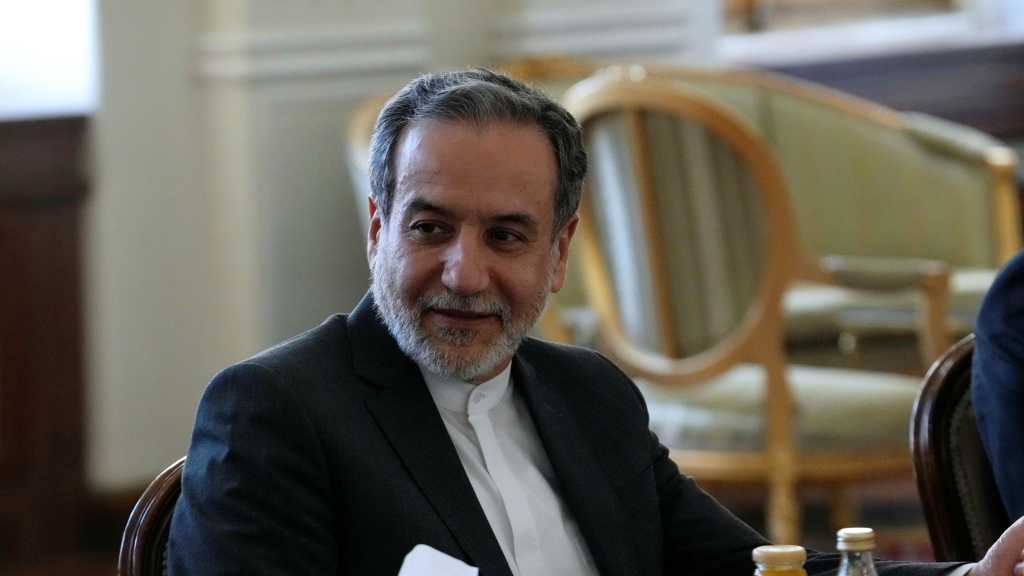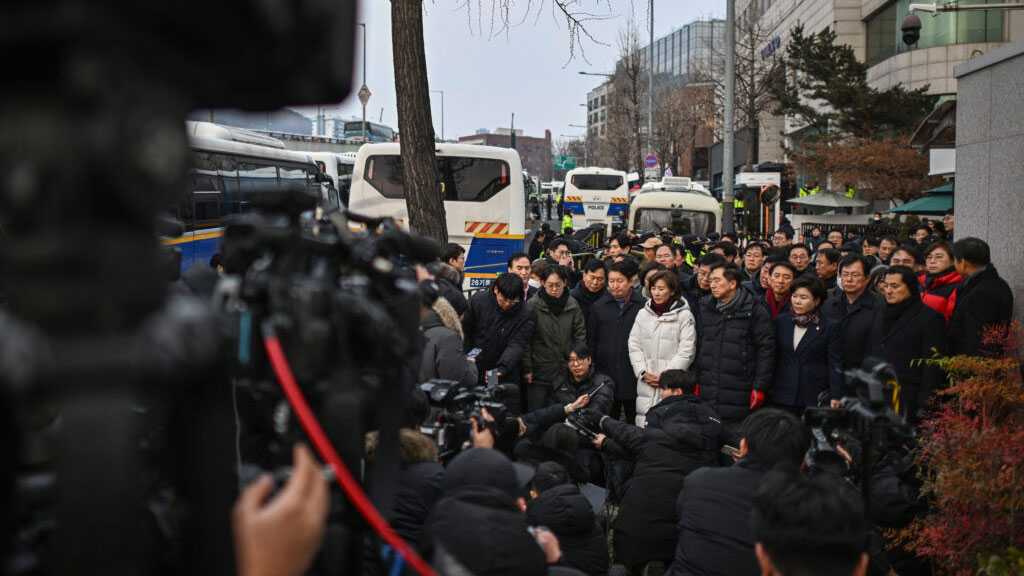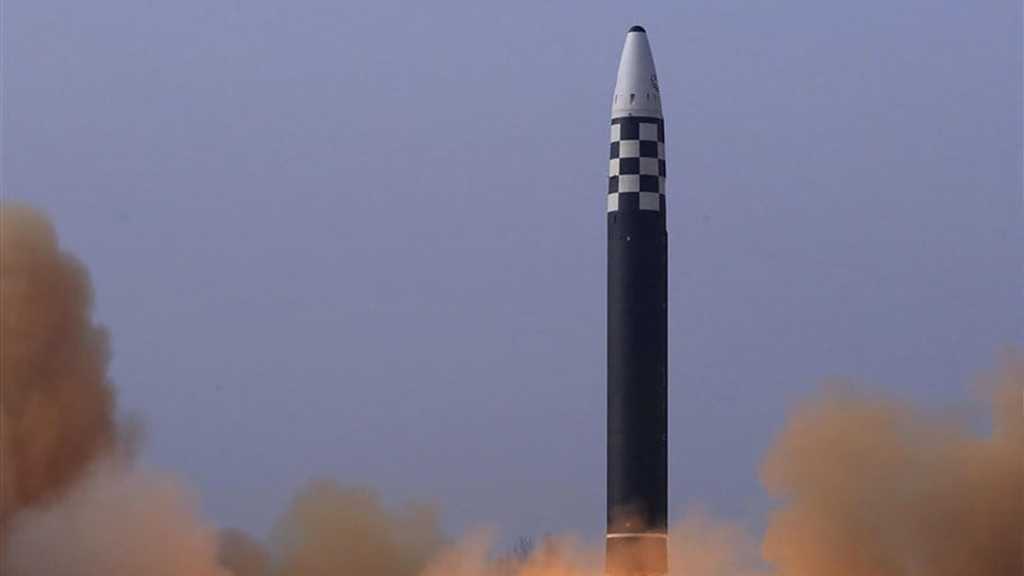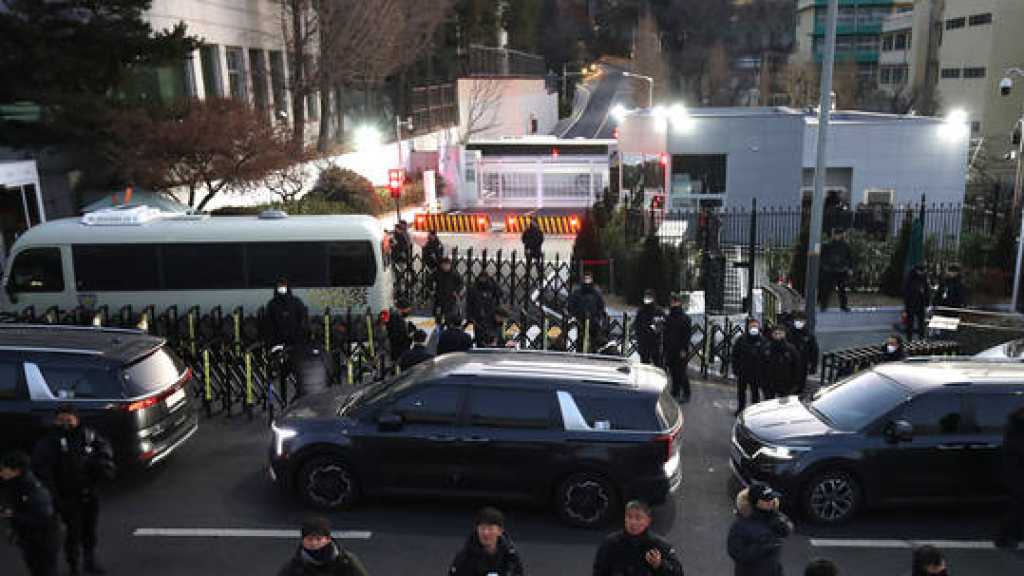China Deploys Troops as N Korea Plans another Nuke Test
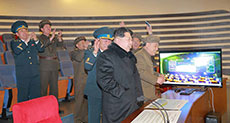
Local Editor
Pyongyang threatens to blow-up the world again, preparing for its fifth nuclear test.

On Wednesday, China deployed troops along its border with North Korea as Pyongyang prepared for what will be its fifth nuclear test amid rising tensions on the Korean peninsula.
Beijing deployed 2,000 troops to the border, according to a statement by The Information Center for Human Rights and Democracy, a nongovernmental organization based in Hong Kong.
According to the statement, many of the Chinese troops were tasked with measuring radioactive emissions in the event that North Korea follows through with their proposed nuclear test.
This is not the first time China had deployed troops along the North Korean border. In January, after North Korea announced a purported "successful" hydrogen bomb test, China sent 3,000 soldiers to the ramparts. Similarly, in late 2013, China deployed troops following the execution of Kim Jong Un's uncle-in-law, Jang Sung Taek.
Apart from observational and measuring functions, it remains to be seen what Beijing stands to gain by dispatching the troops. Relations between the long-time allies became strained in 2012 when Kim Jong Un assumed power. The Pyongyang regime has continued the advancement of its nuclear and ballistic missile capabilities, despite repeated warnings from Beijing.
In December 2015, China announced it would no longer provide fossil fuel to North Korea, effectively cutting off the Kim regime's last lifeline to the world community, as growing sanctions continue to take a toll on the country's population.
The North Korean government had repeatedly claimed in recent months that it is threatened by the US and South Korea, claims that may have some legitimacy. In February, the US and South Korea began joint military exercises designed to mirror a full-scale invasion of North Korea. Moreover, the US dispatched B-2 and B-52 nuclear bombers on repeated flyovers of Pyongyang and surrounding territories.
In response to these moves, North Korea conducted several ballistic missile tests and claimed that their scientists had successfully miniaturized a nuclear warhead - a vital late-stage step toward conducting a nuclear strike on their South Korean neighbors and upon the US mainland.
Not only had North Korea viewed the joint US-South Korean exercises as threatening, but so have South Korean voters, who fear that the aggressive posture struck by South Korean President Park Geun-hye exacerbates the risk of nuclear conflagration and entanglement with China, a country many consider to still be an ally to North Korea, despite strained relations.
South Korea's voters ousted the parliamentary majority of President Park Geun-Hye's political party in a vote on Monday, reviving hope that heightened tensions on the Korean Peninsula may subside in the near-term.
Source: News Agencies, Edited by website team
Comments
- Related News

